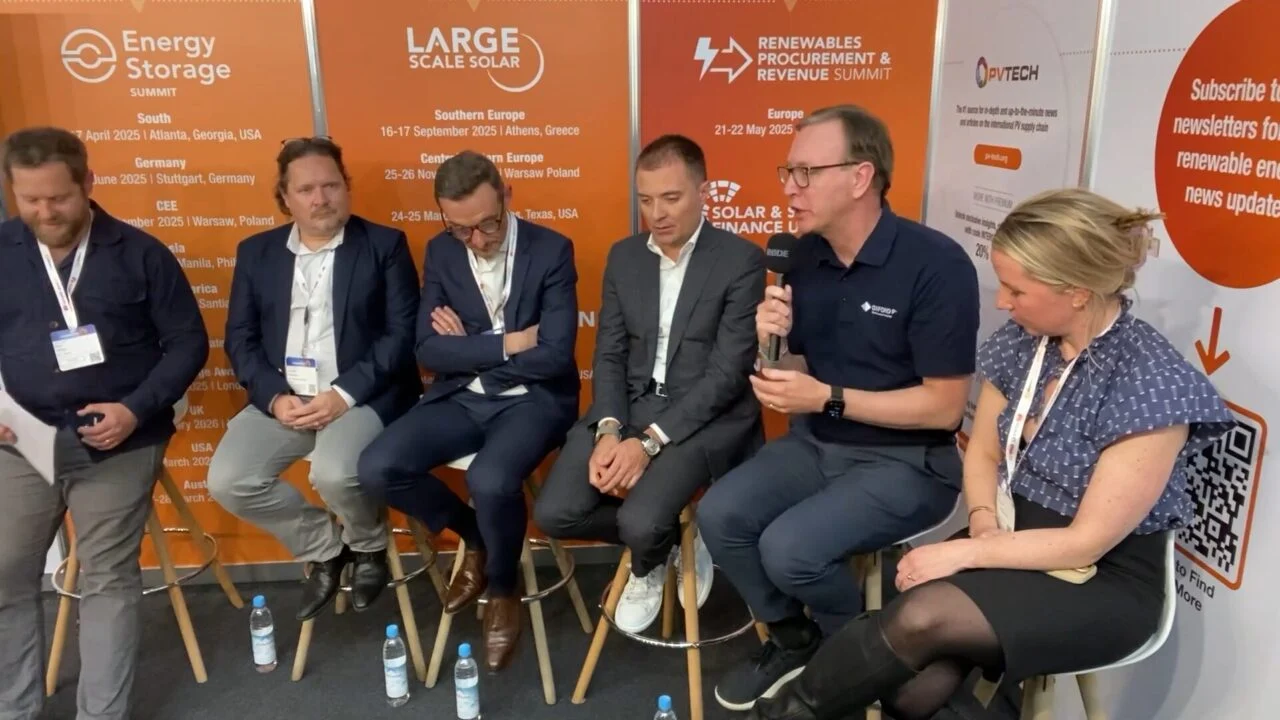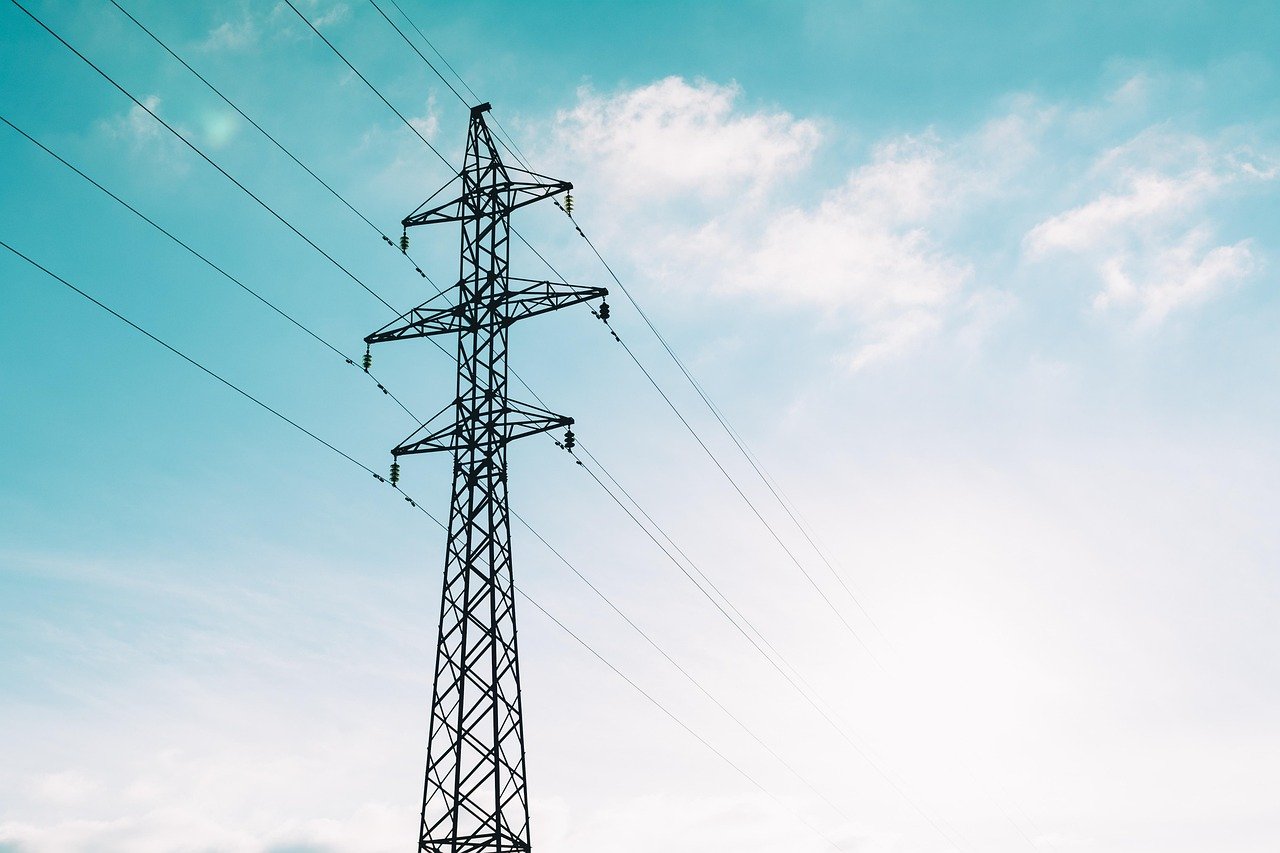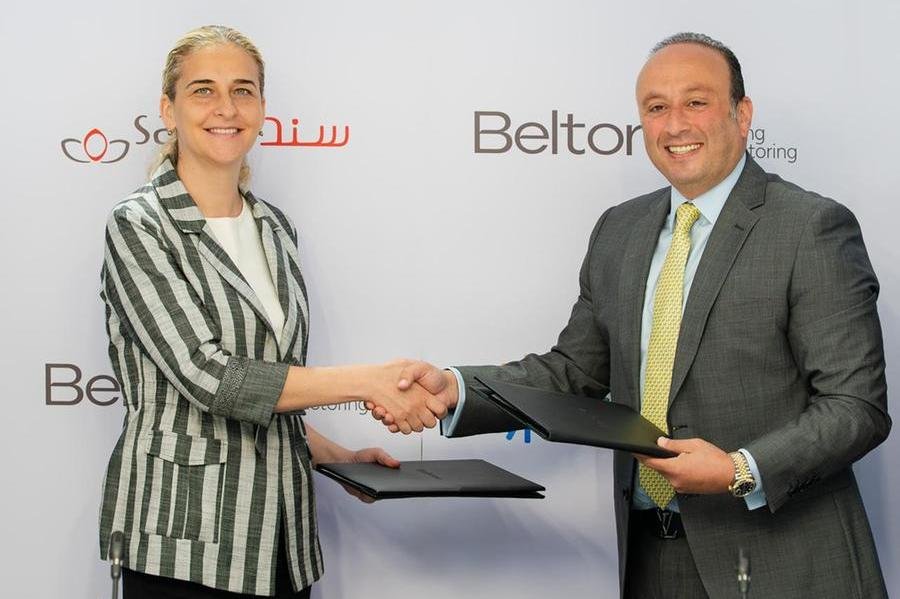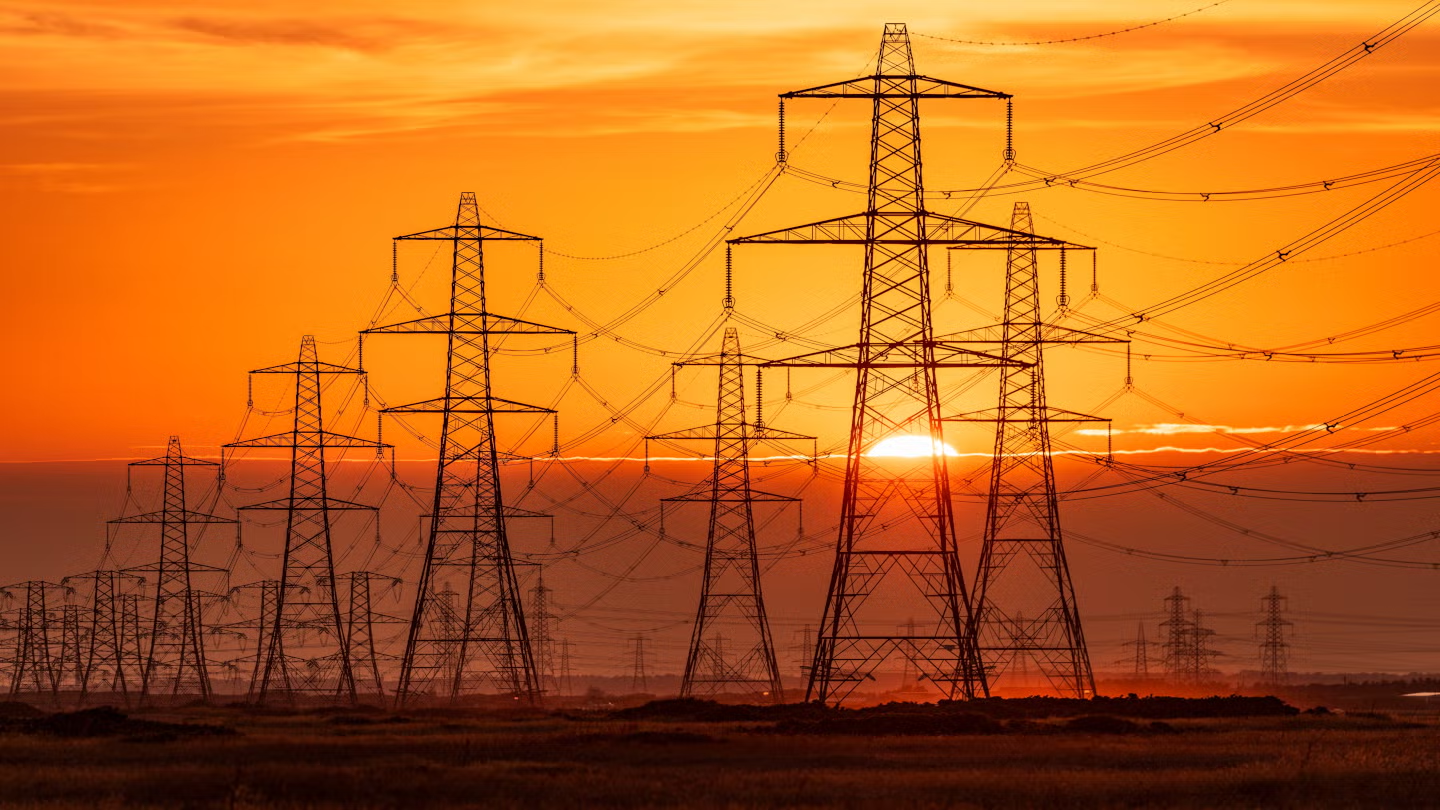At Intersolar Europe 2025, industry leaders explored the financial challenges facing solar photovoltaic (PV) projects across Europe, emphasizing the need for innovative financing solutions. As global investments in solar PV reached a record $503 billion in 2024, surpassing the $426 billion allocated to all other energy generation technologies combined, the demand for effective financial mechanisms has never been greater.
SolarPower Europe reported that 2024 saw the installation of 597 gigawatts (GW) of new solar capacity, marking a 33% increase from the previous year. However, to sustain this growth, the industry must tackle several financial obstacles highlighted during the discussions at Intersolar.
A significant trend in the European power purchase agreement (PPA) market is the rise of hybrid deals, which bundle multiple generation technologies, primarily solar and wind. Itamar Orlandi, who presented at the event, noted that these agreements have become increasingly important as solar projects alone struggle to attract investment. Donzelli, another panellist, confirmed a notable increase in hybrid deals throughout 2024. “In Spain, for instance, combining solar with wind has improved the business case for developers,” she explained.
Investors are focusing on solidifying business cases for solar projects amidst escalating competition in the PPA sector. Pexapark data indicates that between December 2024 and April 2025, at least 20 deals were completed each month, totaling 6.6 GW of capacity. However, the number of agreements dropped to just 12 in May, underscoring the need for robust financial models that account for the variability of renewable energy production.
To enhance project attractiveness, Donzelli suggested that integrating energy storage solutions, like batteries, can provide a more reliable revenue stream. Gaëtan Masson, CEO of the Becquerel Institute, highlighted a growing reluctance among European investors to back solar projects, exacerbated by recent disruptions in the energy market, such as April’s Iberian blackout. He cautioned against the pursuit of ‘zero-risk’ investments, advocating instead for a recalibration of risk appetite to encourage essential funding for solar initiatives.
The evolving financial landscape in Europe is also mirrored in its policy framework. Donzelli noted a shift from a subsidized market model, where government schemes guaranteed fixed payments over two decades, to a more dynamic approach. The Net Zero Industries Act (NZIA), introduced last summer, aims for European manufacturers to supply 40% of the continent’s renewable energy deployment needs by 2030. While Masson acknowledged the Act’s potential, he called for clearer policies and direct support at both national and EU levels.
“The European Commission has expressed interest in promoting ‘made in Europe’ products through public procurement. However, questions remain about what ‘made in Europe’ truly means given the global nature of solar manufacturing, where various components are sourced from different countries,” he stated.
David Ward, CEO of perovskite manufacturer Oxford PV, echoed these concerns, emphasizing the need for coherent policy that supports the complex supply chain of solar manufacturing. He argued for a blend of private and public financing to bolster Europe’s manufacturing capabilities.
Masson reiterated the importance of public funding but criticized its current structure, stating that projects often depend on securing public investment before attracting private capital. He stressed the necessity of de-risking investments to make them appealing to private investors, especially in light of the high-risk perception surrounding the solar market. “Finding balance between public support and private investment is crucial for the sector’s stability and growth,” he said.
The panelists collectively recognized that venture capital remains scarce in Europe for renewable energy projects, which often struggle to compete for investment against more novel sectors like AI and biotechnology. They emphasized the urgent need for innovative financial structures and market mechanisms to ensure the viability of solar projects in Europe.
As the renewable energy landscape continues to evolve, finding effective financing solutions will be essential for maintaining momentum in solar PV deployments and meeting climate targets.




